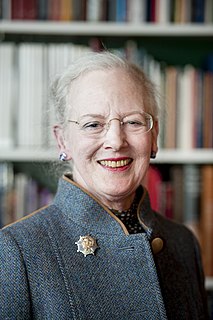A Quote by Graydon Carter
Americans who grew up in the 1930s or 1940s still have some fleeting memory of what the country was like before it became the steroidal superpower it is today.
Related Quotes
In effect, I grew up in a sort of timewarp, a place where times are scrambled up. There are elements of my childhood that look to me now, in memory more like the 1940s or the 1950s than the 1960s. Jack [Womack] says that that made us science fiction writers, because we grew up experiencing a kind of time travel.
The truth is, it's very hard looking back... we look at holocaust now with such knowledge and such a sense of the horror of what it was, that it's hard to believe even now that in 1930s and 1940s, before something like this had happened, that it could be impossible to imagine the extent of this horror.
I grew up in the 1920s and 1930s in a nouveau riche world, where money was spent wildly, and I'm still living in one!... The private schools are all jammed with long waiting lists; the clubs -- all the old clubs -- are jammed with long waiting lists today; the harbors are clogged with yachts; there has never been a more material society than the one we live in today.... Where is this 'vanished world' they talk about? I don't think the critics have looked out the window!
Memory is a tenuous thing. . . . flickering glimpses, blue and white, like ancient, decomposing 16mm film. Happiness escapes me there, where faces are vague and yesterday seems to come tied up in ribbons of pain. Happiness? I look for it intead in today, where memory is something I can still touch, still rely on. I find it in the smiles of new friends, the hope blossoming inside. My happiest memories have no place in the past; they are those I have yet to create.
Humans who see something different than them want to hate it and tear it down. Britain had a government policy that allowed prejudice to destroy someone's life, and today there is still homophobia at home and elsewhere, like Russia or Greece. It's still a relevant discussion. While women have it better than the 1940s or '50s, sexism is still prevalent.
































